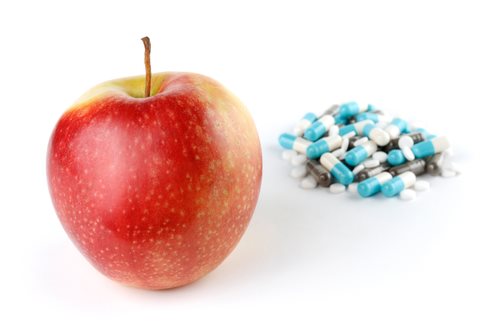Food and Drug Administration Explained
What is the Food and Drug Administration?
The Food and Drug Administration is a Federal agency that operates within the United States Department of Health and Human Services.
The Food and Drug Administration is one of the country’s federal executive departments and is responsible for protecting and promoting public health through the supervision and regulation of tobacco products, food safety dietary supplements, prescription, as well as over-the-counter pharmaceutical drugs, biopharmaceuticals, vaccines, medical devices, electromagnetic radiation emitting devices, cosmetics, veterinary products and vaccines.
In addition to the regulation over the aforementioned products, the Food and Drug Administration enforces other laws, most notably Section 361 of the Public Health Service Act and associated legislation, which may or may not be related to food and drugs. In this format, the Food and Drug Administration is responsible for the regulation of sanitation requirements on interstate travel and the control of disease on products ranging from household pets to the donation of sperm intended for assisted reproduction.
Food and Drug Administration Quick Facts:
The following details outline the administration of the Food and Drug Administration:
The Food and Drug Administration was formed in 1906
The headquarters of the Food and Drug Administration are located at 10903 New Hampshire Avenue in Silver Spring, Maryland. In addition to its headquarters, the Food and Drug Administration has 223 field offices and 13 laboratories located throughout the 50 states, the U.S> Virgin Islands and Puerto Rico. In 2008, the Food and Drug Administration began opening offices abroad, including in China, India, Belgium, the United Kingdom and India.
The Food and Drug Administration operates with roughly 9,500 employees and possesses an annual operating budget of 2.3 billion dollars
The Food and Drug Administration is responsible for the jurisdiction over the Federal Government of the United States of America
The Parent Agency of the Food and Drug Administration is the Department of Health and Human Services
The head of the Food and Drug Administration is Margaret Hamburg, who acts as the Commissioner of Food and Drugs. The Commissioner of the Food and Drug Administration is appointed by the President of the United States with the direct consent of the Senate. The Commissioner reports to the Secretary of Health and Human Services.
Scope of the Food and Drug Administration:
The Food and Drug Administration regulates over $1 trillion worth of consumer goods and roughly 25% of all consumer expenditures in the United States. Total expenditures include roughly $465 billion in food sales, $275 billion in drug transactions, $60 billion in cosmetics and roughly $18 billion in dietary supplements. The majority of expenditures accounts for goods imported into the United States; the Food and Drug Administration is responsible for monitoring a third of the nation’s imports.
The majority of federal laws dealing with the Food and Administration are labeled in the Food, Drug and Cosmetics Act, which was passed in 1938 and subsequently amended, and codified in Title 21, Chapter 9 of the United States Code.
